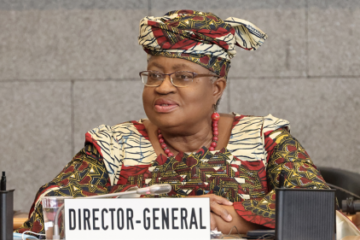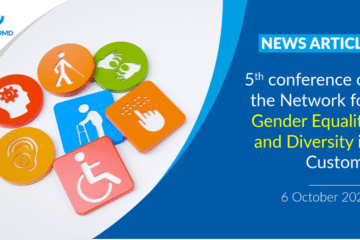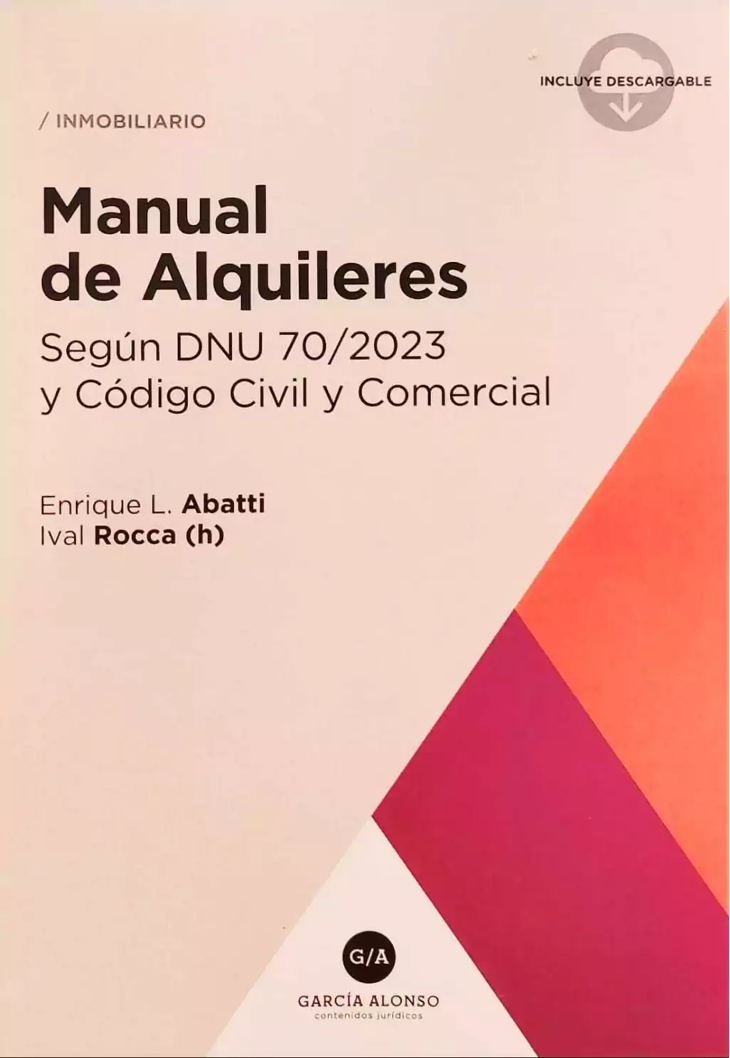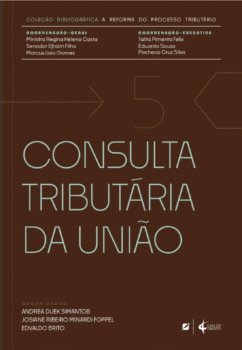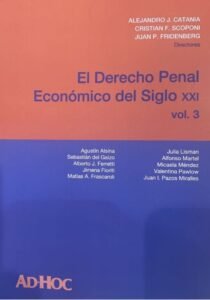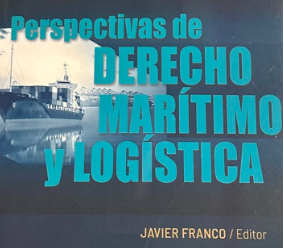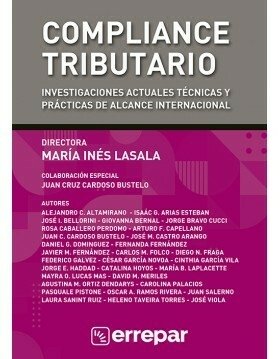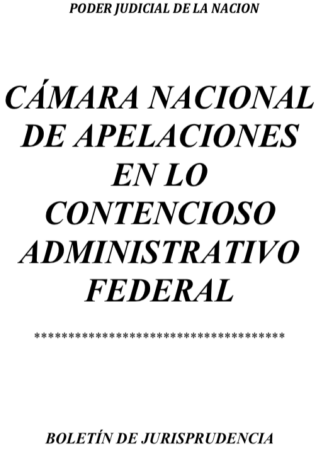El Director General Azevêdo de la OMC “Es esencial abordar los problemas a los que se enfrentan las mipymes”
En el marco de un seminario web sobre las microempresas y las pequeñas y medianas empresas (mipymes) celebrado el 26 de junio con ocasión del Día de las Mipymes, el Director General Roberto Azevêdo subrayó que abordar los problemas a los que se enfrentan las pequeñas empresas es fundamental para garantizar una recuperación económica socialmente inclusiva. Señaló que el seminario web ayudaría a la comunidad mundial a extraer enseñanzas sobre cómo habían apoyado los gobiernos a las pequeñas empresas durante la crisis de la COVID-19 y permitiría estudiar la manera de fortalecer la cooperación internacional para prestar un mejor apoyo a las mipymes. El seminario web fue organizado por el Grupo de Trabajo Informal sobre las Mipymes.
Let me start by thanking the Informal Working Group on Micro, Small and Medium-Sized Enterprises (MSMEs) and its coordinator, Ambassador Jose Luis Cancela of Uruguay, for organizing this celebration of International MSME Day.
Unfortunately, I am unable to join your virtual meeting today. But I wanted to share this message with all of you.
MSME Day is always an important occasion to recognize the businesses that make up the backbone of the global economy. MSMEs represent 95 per cent of all companies worldwide. They account for 60 per cent of employment and contribute to around 35 per cent of GDP in developing economies and 50 per cent in developed countries. These businesses are also important employers of women and young people. Many women entrepreneurs run MSMEs. MSMEs may not be household names, but they are at the heart of our economic lives — the local shops and cafes we go to, the suppliers, and the traders. When MSMEs are thriving, economies are more inclusive.
This year’s MSME Day is particularly important. The COVID-19 pandemic has given rise to the most devastating economic crisis of our lifetimes. And MSMEs are at the centre of it. Small businesses are prevalent in sectors like tourism and food services, culture and retail — the very economic sectors most seriously affected by social distancing measures and transport restrictions. In manufacturing value chains, supply chain disruptions have severely impacted MSME participants.
The smaller size of MSMEs also makes it harder for them to weather economic shocks. They typically have lower cash reserves and smaller supplier networks than large firms. And keeping track of fast-changing policies resulting from the crisis is tough even for the biggest firms, let alone for those with limited resources. I should say here that the WTO has been monitoring members’ COVID-related trade measures in order to foster transparency for all market players. I thank those members who have voluntarily submitted information on measures taken for coming forward, and urge others to do so.
Even in more normal times, however, the fact is that MSMEs grapple with trade-related obstacles, such as lack of access to information and difficulties obtaining trade finance.
Addressing the challenges facing MSMEs is critically important: for the economic recovery from the COVID-19 pandemic to be socially inclusive, there needs to be a strong MSME recovery.
The Declaration on MSMEs sponsored by almost 80 members — including several who are not part of the MSME Group — is proof of the importance WTO members attach to small businesses
I am pleased that the Informal Working Group is actively looking into actions that can be taken to address obstacles encountered by MSMEs seeking to trade.
The Group has been an active supporter of the Global Trade Helpdesk, a joint initiative the WTO implements with ITC and UNCTAD, which gathers information from multiple sources to function as a one-stop shop for firms to conduct market research and understand the requirements to trade with target markets. Such tools can help MSMEs forge a path through the crisis.
The Group has also put forward proposals on transparency, MSME consultation in rulemaking, trade facilitation and access to finance.
I have mentioned the WTO Secretariat’s work to track COVID-related trade policies. Other international organizations are also working to support MSMEs, with initiatives ranging from monitoring government support measures to providing liquidity support to MSMEs.
Today’s discussions will help us learn from the ongoing crisis, by looking into good practices and approaches followed by governments to support their MSMEs. You will explore how international cooperation can better support national policy objectives for MSMEs.
Cooperation among governments, MSMEs, international organizations and other stakeholders is critical for an effective policy response to COVID-19 — and beyond. I commend the MSME Group for promoting such co-operation — and for putting together these impressive panels of experts.
Again, I am sorry I cannot join you today, but I will look forward to learning the key takeaways from what I am confident will be a very productive exchange.





